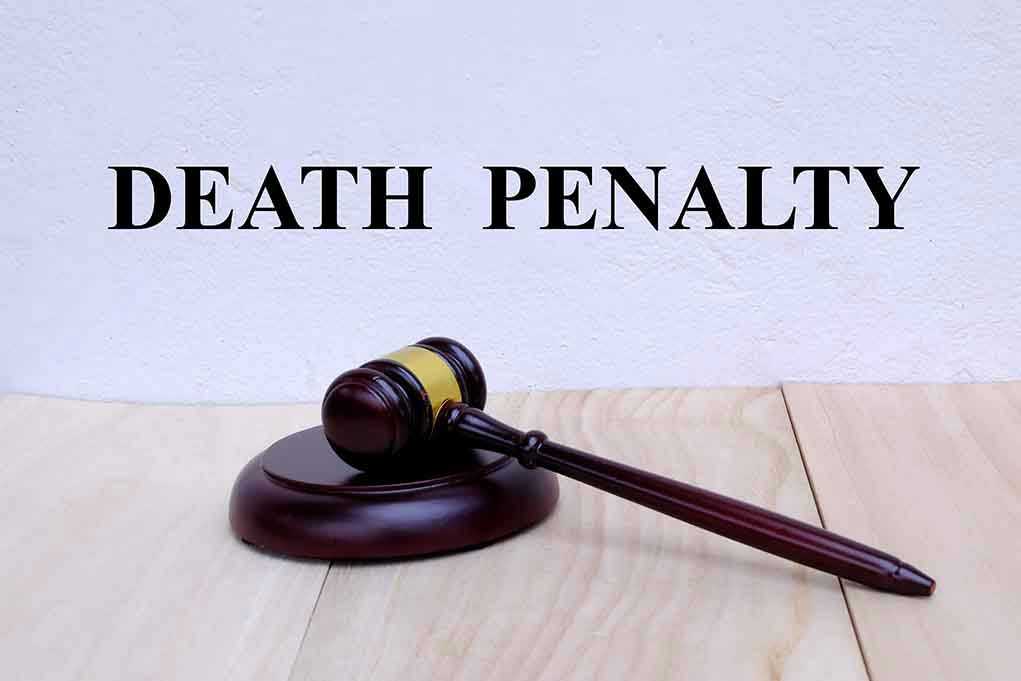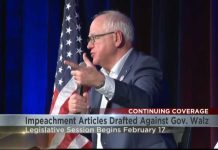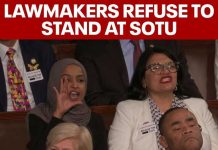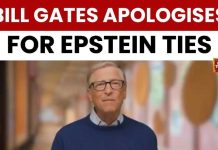
A new federal push for the death penalty in Washington, D.C. threatens local autonomy and reignites debates over capital punishment.
Story Highlights
- President Trump announces death penalty enforcement for D.C. murders.
- Move challenges D.C.’s long-standing abolition of capital punishment.
- Critics argue this is federal overreach and question legal authority.
- Policy part of broader law-and-order agenda amid rising crime.
Trump’s Announcement and Its Implications
On August 26, 2025, President Donald Trump declared that his administration would pursue the death penalty for murder convictions in Washington, D.C. This announcement marks a significant escalation in federal law enforcement involvement. The move challenges D.C.’s 1981 abolition of the death penalty and is positioned as a necessary measure to address rising crime rates and perceived failures of local justice systems. Critics argue this represents federal overreach, infringing on local governance and legal norms.
The federal push for capital punishment in D.C. is framed as part of Trump’s broader law-and-order agenda, which includes executive orders targeting cashless bail and other reforms. The announcement comes amid heightened political polarization and public concern over urban crime rates. D.C.’s unique status as a federal district provides the President with more authority but also complicates jurisdictional boundaries, creating tension between federal and local governance.
Stakeholders and Reactions
The primary stakeholders in this development include President Trump, the Department of Justice, and D.C. local officials. The DOJ would be responsible for prosecuting capital cases, while D.C. officials are likely to oppose what they see as federal overreach. Congress, which holds legislative authority over D.C. criminal law, is expected to be divided along partisan lines regarding this intervention. Civil rights groups are anticipated to challenge the policy on legal and ethical grounds, citing concerns about civil liberties and the disproportionate impact on marginalized communities.
The move has sparked a range of reactions, with supporters arguing for strong deterrence and justice for victims, while opponents question the efficacy and ethics of the death penalty. Legal scholars highlight potential constitutional challenges, particularly concerning federal authority over D.C. criminal law. Most studies indicate that the death penalty does not significantly deter violent crime, suggesting that the policy may face significant hurdles both legally and in public opinion.
Potential Impact and Challenges
In the short term, Trump’s announcement is expected to intensify political debates and trigger possible legal challenges. It could increase tensions between federal and local authorities. In the long term, this initiative might set a precedent for federal intervention in local criminal justice matters, potentially impacting the national discourse on the death penalty. The policy’s implementation remains uncertain, with no formal legislative or judicial actions yet taken.
The economic impact could involve increased costs for federal prosecutions and death penalty cases, while socially, it may lead to a chilling effect on local governance and increased polarization. Politically, it could mobilize constituencies both for and against the death penalty, affecting future policy discussions and electoral dynamics.
Trump: 'No Choice' but Death Penalty for Murders in D.C.President Donald Trump announced that his administration will enforce the death penalty for those found guilty of murder in Washington, D.C., stating during a televised Cabinet meeting that "we have no choice" due to its…
— 🔥BREAKING NEWS INVESTIGATIVE JOURNALISM 🔥TRUMP (@TalkAboutNews__) August 27, 2025
Ultimately, this development underscores the complex interplay between federal authority and local autonomy, highlighting ongoing debates over crime, punishment, and governance in America’s capital.
Sources:
Trump Calls For The Death Penalty
ABC News – Trump Admin Live Update
















